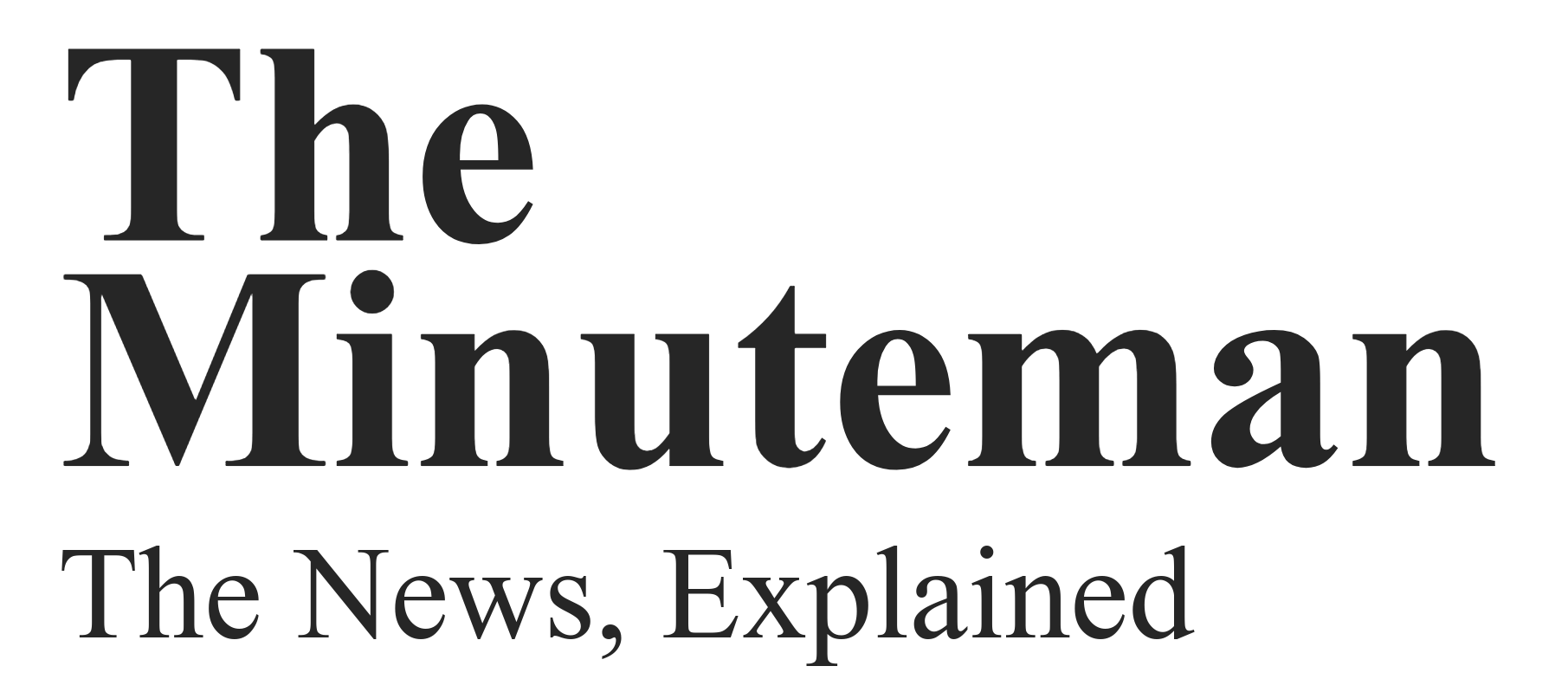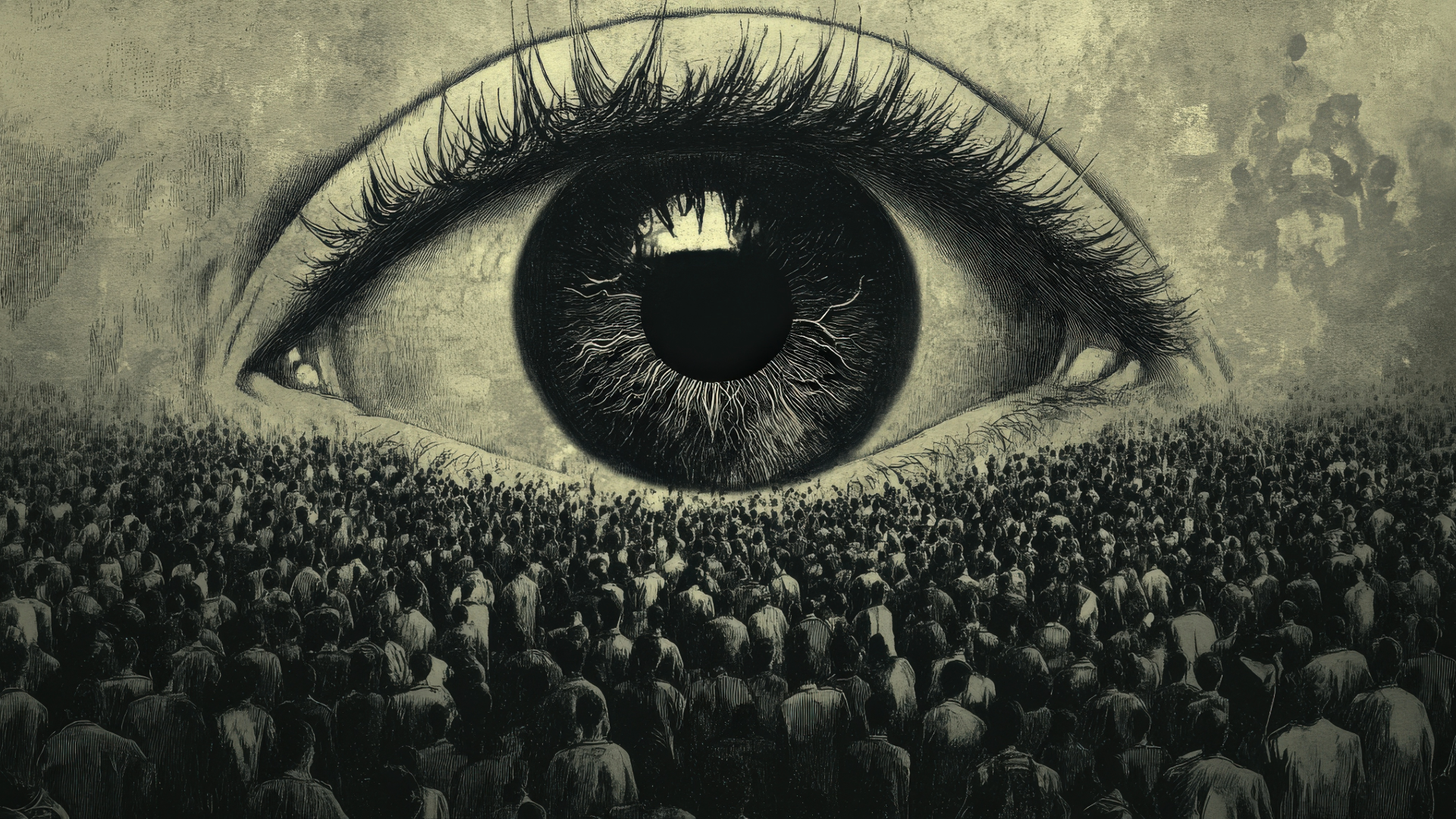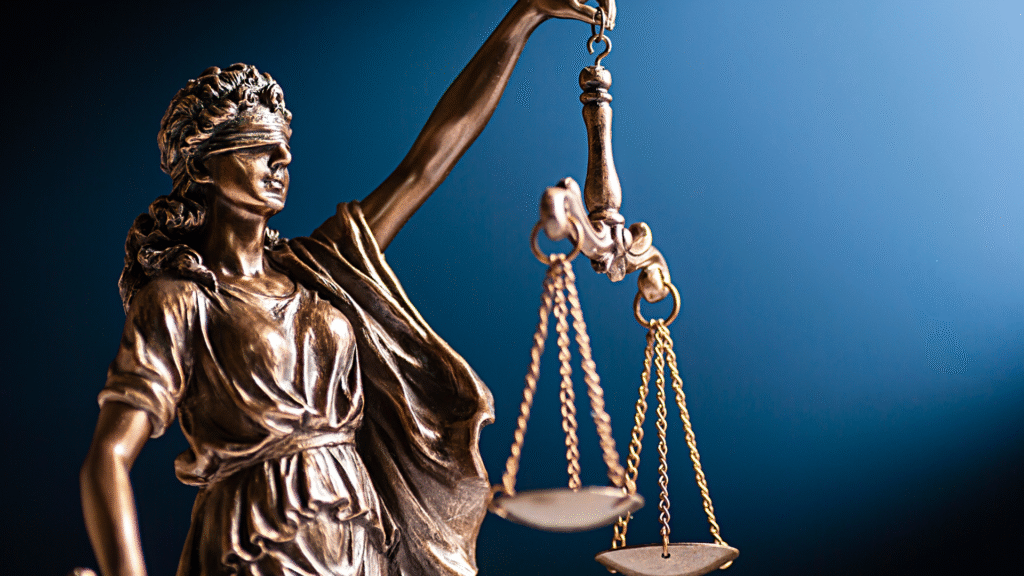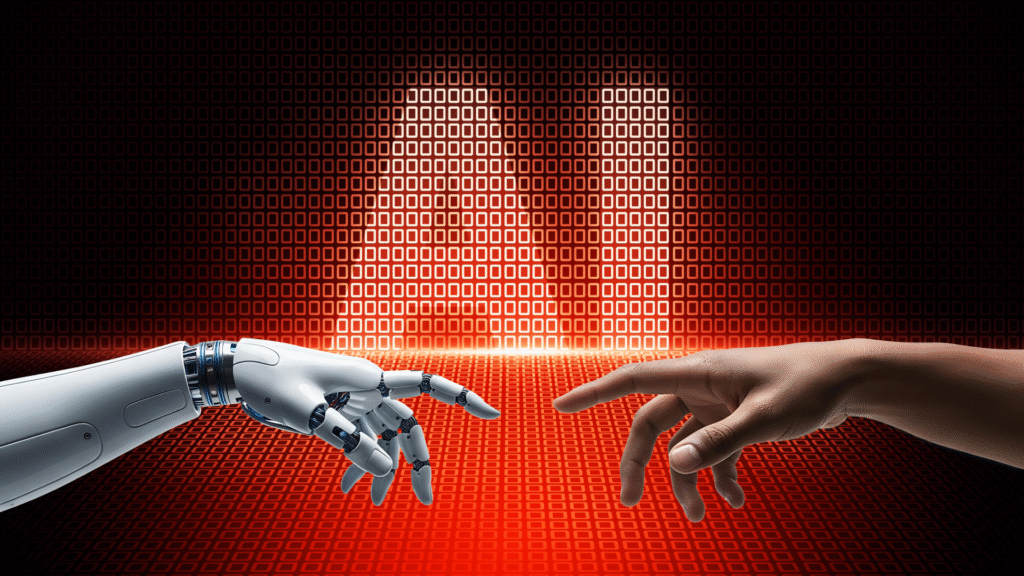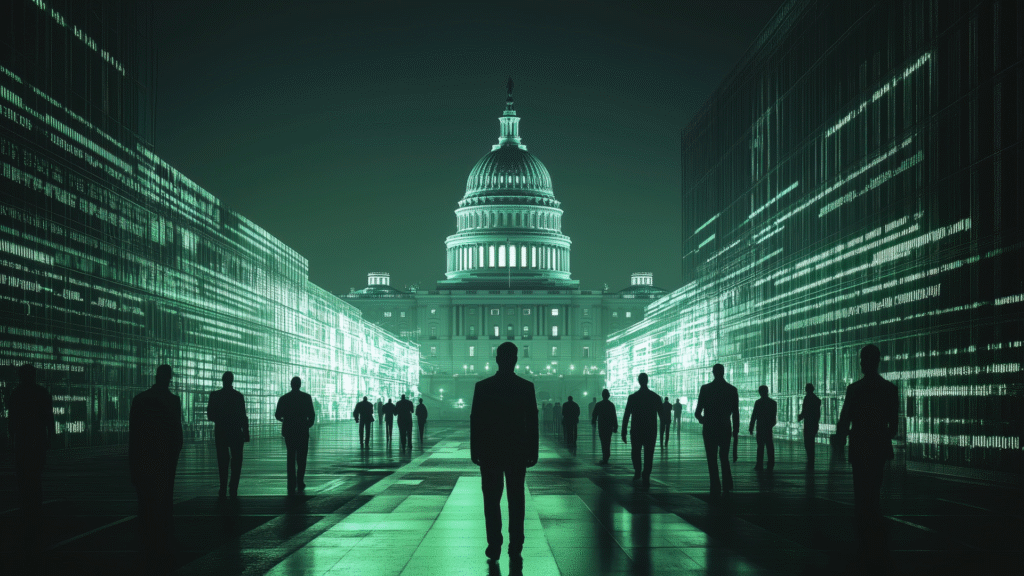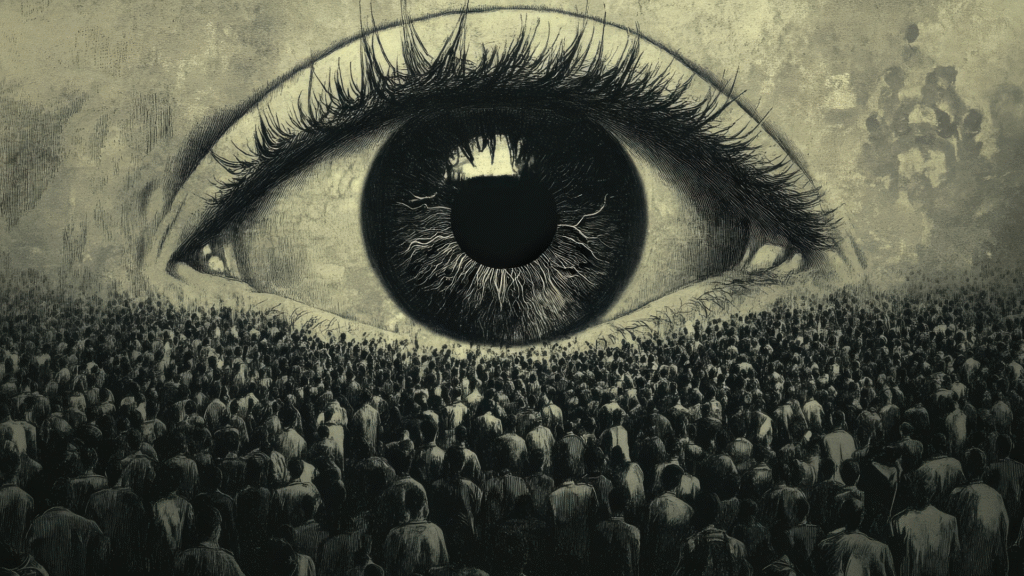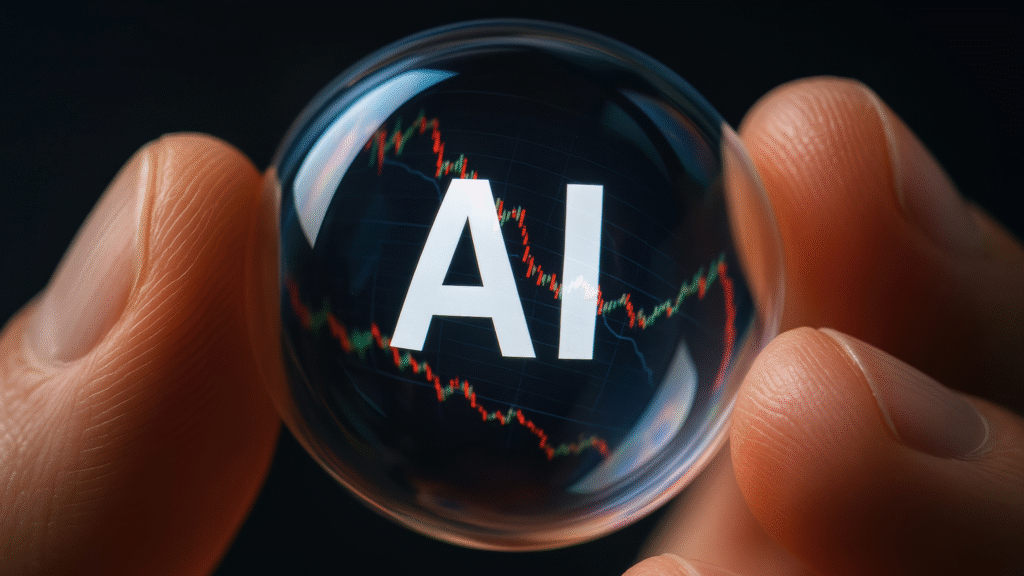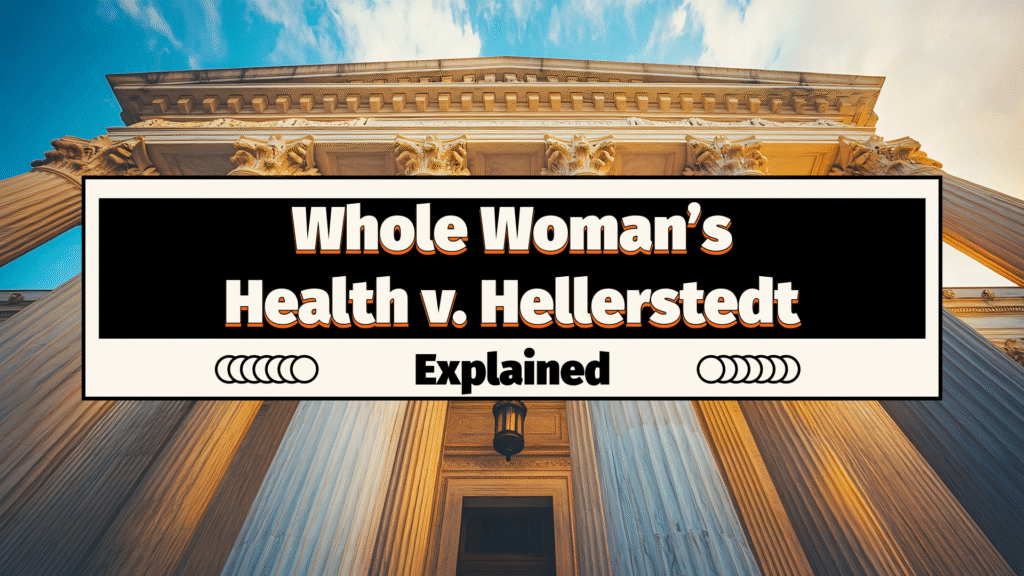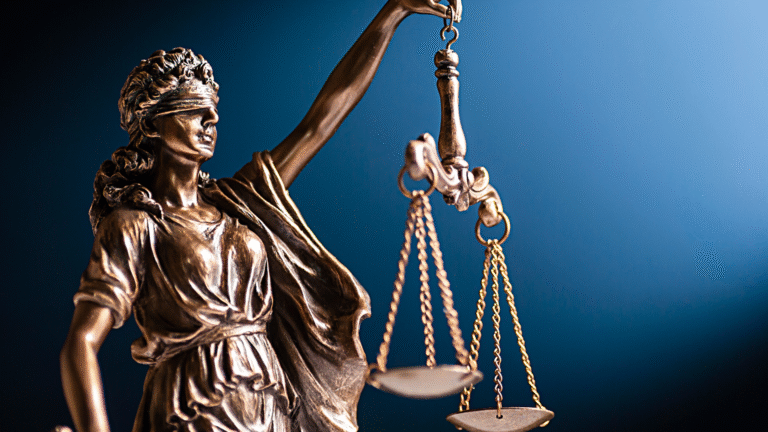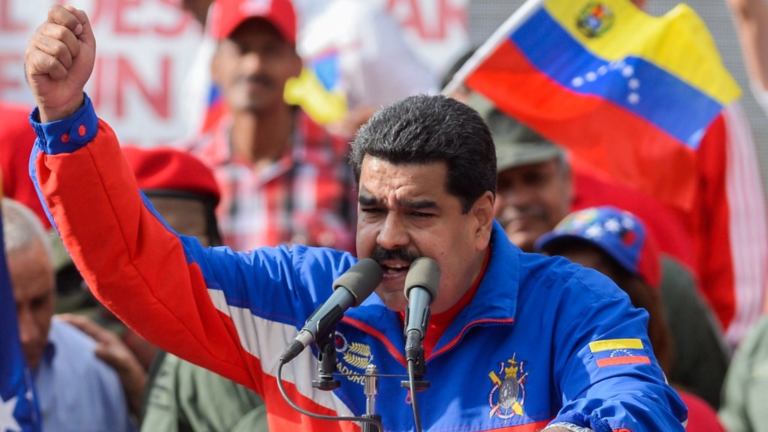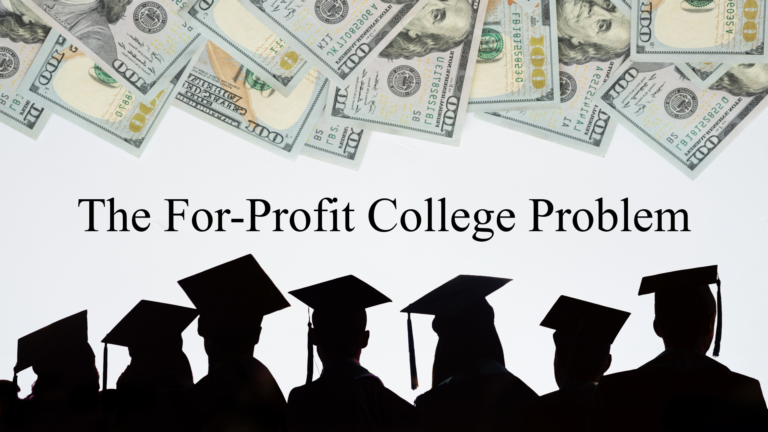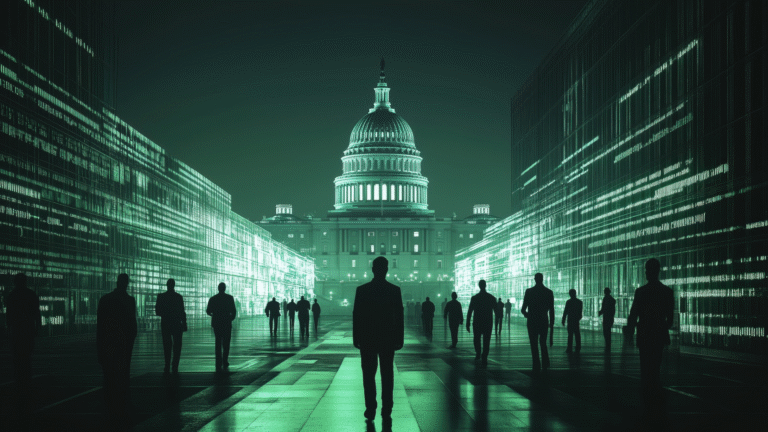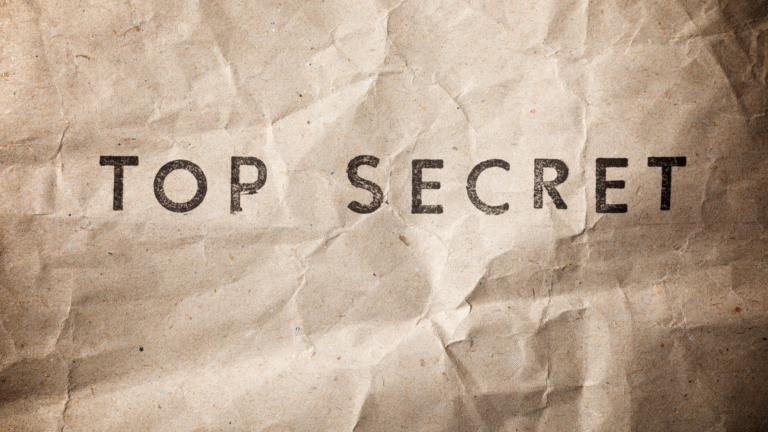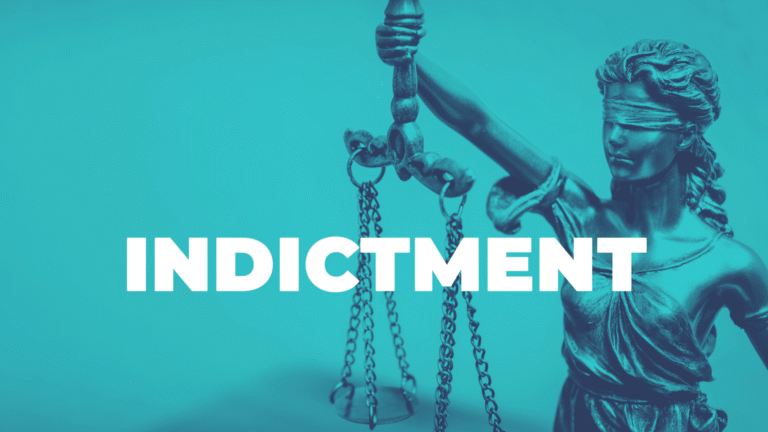What’s the Difference Between a King and a Dictator?
TL;DR
- Kings usually inherit power; dictators seize it.
- Kings can have symbolic or absolute roles; dictators typically hold unchecked control.
- Monarchs are legitimized by tradition or law; dictators rule through force or manipulation.
- Some systems blur the line between monarchy and dictatorship.
King vs. Dictator?
The terms “king” and “dictator” both describe individuals who hold significant power over a state, but they differ in how they acquire that power and how it is justified or constrained. A king is usually a monarch who comes to power through hereditary succession. A dictator gains control through force or political maneuvering and often bypasses legal or constitutional limits.
Why It Matters
Understanding the difference between a king and a dictator is crucial for analyzing political systems and assessing legitimacy, stability, and human rights conditions. It helps distinguish between traditional authority and authoritarian rule.
How It Works / Key Concepts
- King (Monarch)
- How power is acquired: Inherited through a royal lineage.
- Source of authority: Hereditary legitimacy, sometimes within a constitutional framework.
- Power level: Varies from absolute (absolute monarchy) to ceremonial (constitutional monarchy).
- Example: A symbolic queen in a parliamentary democracy or an absolute king in a monarchy with succession laws.
- Dictator
- How power is acquired: Seized via force, coup, or manipulation of political systems.
- Source of authority: Maintained through absolute control, often backed by fear, propaganda, and suppression.
- Power level: Nearly unlimited, often overriding constitutions and other institutions.
- Example: A leader who gains control via a coup or rigs elections to extend rule indefinitely.
Overlap
- An absolute monarch can act like a dictator, but not all monarchs are dictators.
- Some dictatorships establish family succession, resembling a monarchy.
- Both can use authoritarian tools like fear, force, and propaganda to retain control.
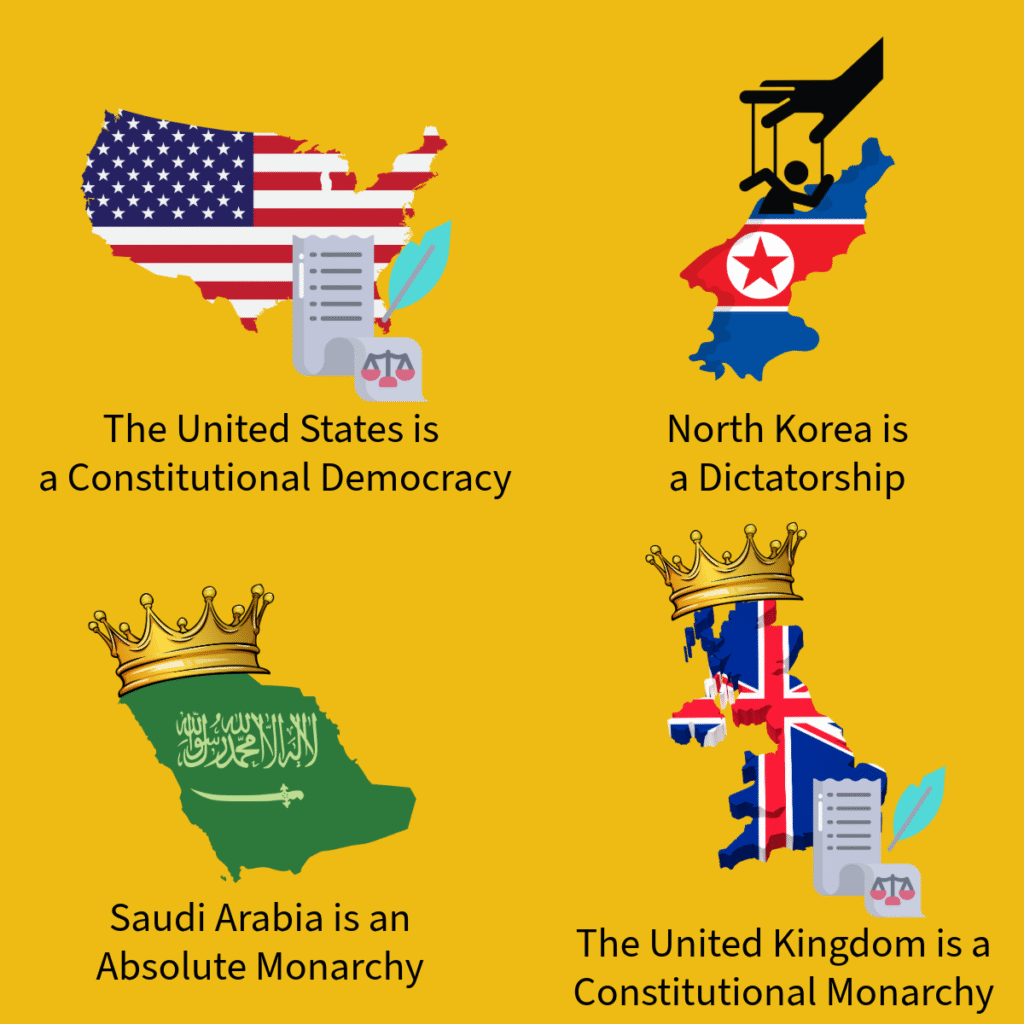
FAQ
- Can a king also be a dictator? Yes, especially in absolute monarchies where the king holds unchecked power.
- Are all dictators violent? Not necessarily, but most use some form of suppression or fear to maintain power.
- Is a monarchy always hereditary? Typically, yes—kings and queens inherit their titles through family lines.
- Do dictatorships ever become monarchies? In rare cases, dictators create dynastic rules that resemble monarchies.
Learn About: What Is A Technocracy? (or) Socialism-History, Practice, Debate
Sources
- Encyclopedia Britannica, “Monarchy,” 2023 – https://www.britannica.com/topic/monarchy
- Encyclopedia Britannica, “Dictatorship,” 2023 – https://www.britannica.com/topic/dictatorship
- Freedom House, “Freedom in the World 2024” – https://freedomhouse.org/report/freedom-world/2024
- Oxford Reference, “Dictatorship and Monarchy,” 2022 – https://www.oxfordreference.com
